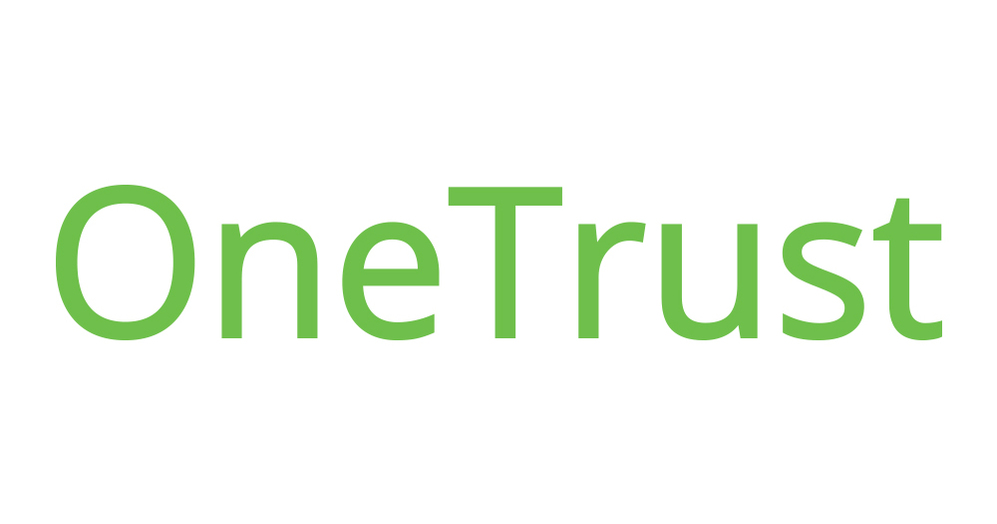Ahead of International Women’s Day on 8 March, the Council of Europe adopted two new recommendations addressing gender equality and the prevention of violence against women in the context of emerging technologies.
One recommendation targets the design and use of AI to prevent discrimination, while the other focuses on accountability for technology-facilitated violence against women and girls.
The AI recommendation advises member states on preventing discrimination throughout the lifecycle of AI systems, from development to deployment and retirement. It highlights risks like gender bias while promoting transparency, explainability, and safeguards.
Special attention is given to discrimination based on gender, race, and sexual orientation, gender identity, and expression (SOGIESC).
The second recommendation sets the first international standard for addressing technology-facilitated violence against women. It outlines strategies to overcome impunity, including clearer legal frameworks, accessible reporting systems, and victim-centred approaches.
Emphasis is placed on multistakeholder engagement, trauma-informed policies, and safety-by-design in technology products to prevent digital harm.
Both recommendations reinforce the importance of combining regulation, institutional support, and public awareness to ensure technology advances equality rather than perpetuates harm.
The formal launch is scheduled for 10 June 2026 at the Palais de l’Europe in Strasbourg during an event titled ‘From standards to action: making accountability for technology-facilitated violence against women and girls a reality.’
Would you like to learn more about AI, tech and digital diplomacy? If so, ask our Diplo chatbot!










